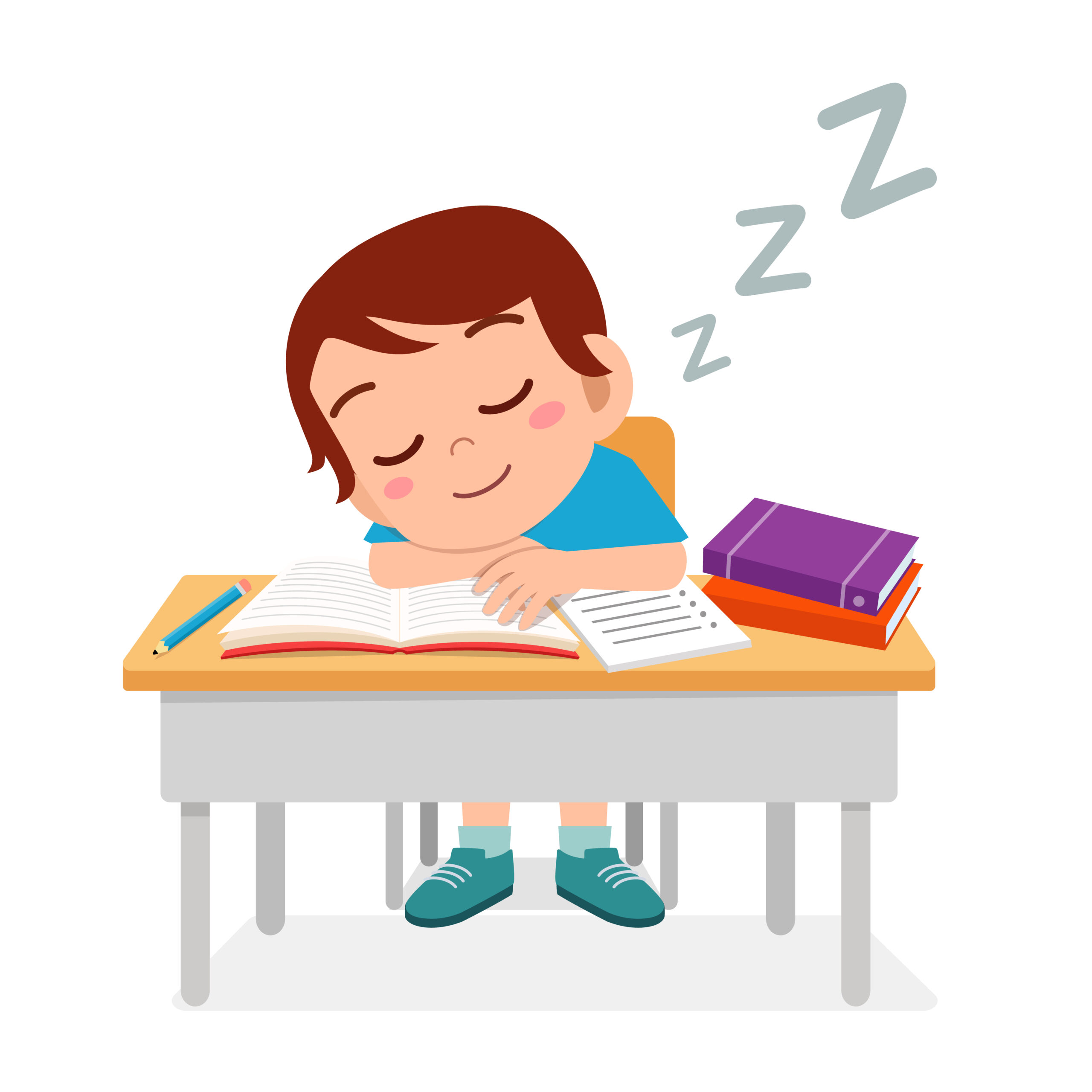Sleep & LEARN Research Study
6 in 10 middle school students in the US routinely do not get enough sleep on school nights, and yet the impact of limited sleep is understudied. Help us study how to improve sleep in adolescents today!

Fast Facts

10-15 Years Old

Child Has No Intellectual Disabilities

Compensation Provided

Conducted in Providence, RI
Study Background
The Bradley Sleep Lab is seeking children ages 10-15 for a research study involving at-home sleep schedules and MRIs.
The CDC estimates that 6 in 10 middle school students in the US may not get enough sleep on school nights. Yet, the impact of limited sleep remains understudied. The purpose of our research is to learn how certain characteristics such as attention, impulsivity, and sleep loss affect brain function and behavior in children.
Participation in this research study will include following a particular sleep schedule at home and completing 2 (optional) MRI brain scans at Brown University. All participants are paid for their time and effort. Help us inform the science of tomorrow to improve the quality of life for students like you!

Study Background
The Bradley Sleep Lab is seeking children ages 10-15 for a research study involving at-home sleep schedules and MRIs.

The CDC estimates that 6 in 10 middle school students in the US may not get enough sleep on school nights. Yet, the impact of limited sleep remains understudied. The purpose of our research is to learn how certain characteristics such as attention, impulsivity, and sleep loss affect brain function and behavior in children.
Participation in this research study will include following a particular sleep schedule at home and completing 2 (optional) MRI brain scans at Brown University. All participants are paid for their time and effort. Help us inform the science of tomorrow to improve the quality of life for students like you!

Additional Information
The goal of this research study is to understand why some children are more affected by sleep loss than others. We will do this by looking at particular characteristics in the brains of different children.
You may qualify for a research study if you meet the following criteria.
Inclusion Criteria:
- 10-15 years old
- No diagnosis of behavioral conditions (e.g., ADHD, autism, intellectual disability)
- No current use of psychiatric medication (e.g., antidepressants)
- No diagnosis of a psychiatric disorder (e.g., major depression, bipolar, schizophrenia)
- No current use of medication that affects sleep or circadian rhythms
- No diagnosis of a chronic neurological condition (e.g., epilepsy, multiple sclerosis, stroke)
- No history of a suicide attempt
- Speaks and understands English
Note: some children may be ineligible for MRI scanning if they have braces. However, they can still participate in other parts of the research study.
The research study involves office visits, your child sleeping at home on two schedules we assign (a long sleep schedule: about 10-14 nights at about 10 hours in bed; and a short sleep schedule: 5 nights at about 7.5 hours in bed), collecting an optional cheek cell swab/saliva sample from your child for characterizing genetic/epigenetic factors relevant to the research study’s aims, completing some cognitive testing at home over the internet, your child providing saliva samples at home with a kit we provide, and two MRI scanning visits at Brown University’s Magnetic Resonance Imaging (MRI) Research Facility on the East Side of Providence. The scan visits also involve some cognitive testing and a brief test using an electroencephalogram (EEG; brain waves) headband.
The total length of participation is 2-3 weeks.
Compensation is provided for your child’s time and effort. Parents will be compensated 50% of what the participant earned.
There is no cost for you or your child to participate in our research study.

